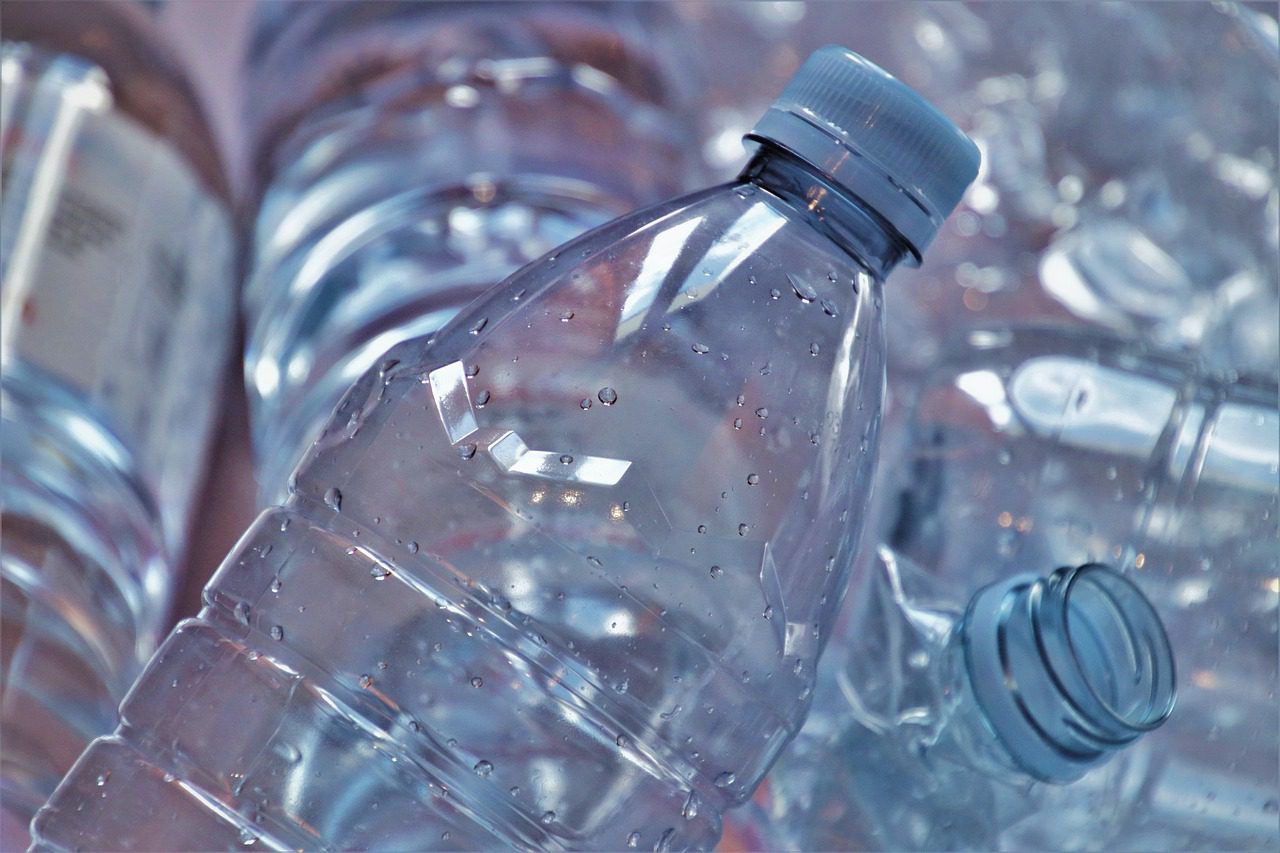June 7, 2023 — According to the industry publication, WaterOnline.com , a recent Scottish study reveals that common recycling activities may contribute to generating microplastics, posing a threat to both our environment and public health.
, a recent Scottish study reveals that common recycling activities may contribute to generating microplastics, posing a threat to both our environment and public health.
The Unexpected Culprit: Recycling Processes.
The research has found that the process of cutting, pulverizing, and rinsing plastic at recycling plants might be responsible for transforming 6 to 13 percent of the processed waste into microplastics. These tiny particles, while not visible to the naked eye, are becoming a major global environmental concern due to their toxicity.
If these findings accurately depict the entire recycling industry, the extent of microplastics generation through recycling would be astounding. Estimates suggest as much as 400,000 tons are generated annually in the US alone, equivalent to about 29,000 dump trucks filled with microplastics.
Potential Health Risks from Microplastics in Drinking Water.
With microplastics increasingly infiltrating our drinking water, their potential health implications are gaining significant regulatory attention. This could result in profound changes for both drinking water and wastewater treatment facilities.
As researchers discover microplastics in places like human blood, placentas, and essentially everywhere around the globe, concern grows about their potential impact on human health. The United Nations has cautioned that chemicals present in microplastics may have dire health consequences, including alterations in human genetics, brain development, and reproductive functions.
A Call for Change: The Urgency to Address Microplastic Pollution.
This study, focused on a single recycling facility , highlights the ubiquity and resilience of microplastic pollution. The researchers suggest that the only effective remedy to this challenge might be complete eradication of microplastics from our drinking water.
, highlights the ubiquity and resilience of microplastic pollution. The researchers suggest that the only effective remedy to this challenge might be complete eradication of microplastics from our drinking water.
Former senior U.S. EPA official, Judith Enck, finds these results troubling, yet unsurprising. She asserts that even our best efforts to recycle plastics contribute to serious problems, emphasizing the need for us to drastically reduce our plastic usage.


Leave a Reply